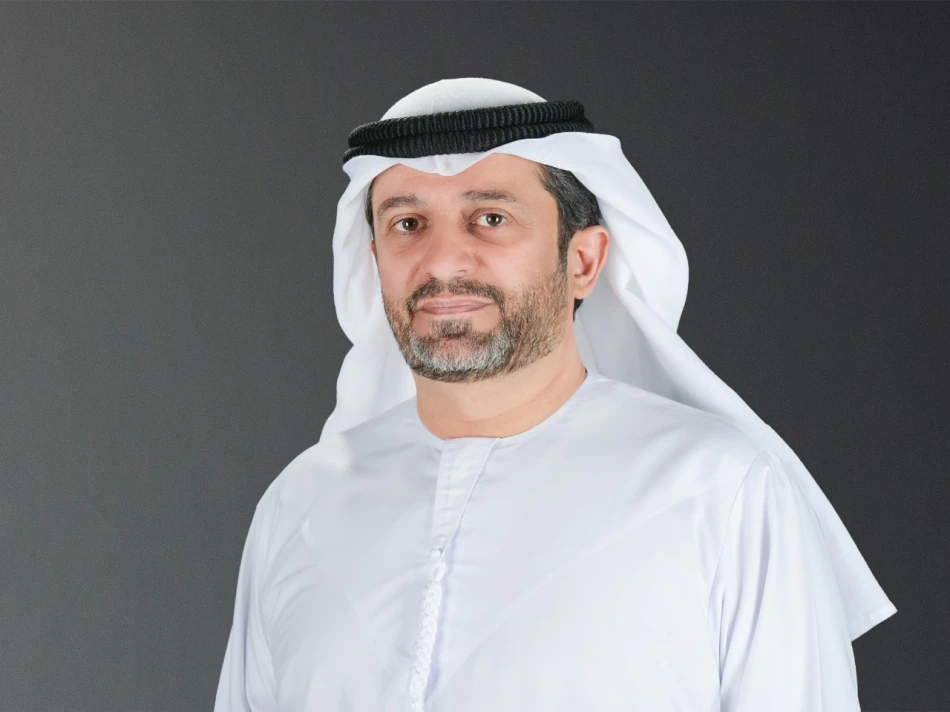
Prominent Arab Engineer Abdullah Yousef Al-Ali Appointed as President of the Union of Arab Engineers
Saudi Arabia Emerges as Middle East's Crypto Pioneer with Bold Digital Asset Framework
Saudi Arabia is positioning itself as the region's cryptocurrency leader through a comprehensive regulatory approach that balances innovation with investor protection. The Kingdom's strategic embrace of digital assets signals a fundamental shift in how Gulf nations view blockchain technology and its role in economic diversification beyond oil dependency.
Vision 2030 Drives Digital Transformation
The Saudi approach to cryptocurrency regulation aligns directly with Crown Prince Mohammed bin Salman's Vision 2030 initiative, which aims to transform the Kingdom into a global investment powerhouse. Unlike the restrictive stances taken by neighboring countries, Saudi Arabia has opted for controlled integration rather than outright prohibition.
This strategic positioning comes at a crucial time when traditional Gulf economies are seeking alternatives to oil revenues. The Kingdom's regulatory framework demonstrates a sophisticated understanding that digital assets represent more than speculative trading—they're infrastructure for the next generation of financial services.
Regional Competition Heats Up
UAE Sets the Benchmark
Saudi Arabia's moves directly challenge the UAE's early dominance in Middle Eastern crypto adoption. Dubai and Abu Dhabi have attracted major exchanges like Binance and crypto hedge funds through favorable regulations, creating a blueprint that Riyadh now seeks to improve upon.
The competitive dynamic between these Gulf powers is reshaping the region's financial landscape. Where the UAE focused on attracting international crypto businesses, Saudi Arabia appears to be building domestic capabilities while maintaining stricter oversight mechanisms.
Contrasting Approaches Across the Gulf
The Kingdom's measured approach contrasts sharply with more conservative positions in Kuwait and Qatar, where cryptocurrency trading remains heavily restricted. This regulatory divergence is creating a natural experiment in how different policy approaches affect economic outcomes in similar markets.
Market Implications and Investment Flows
For institutional investors, Saudi Arabia's regulatory clarity removes a significant barrier to Middle Eastern crypto exposure. The Kingdom's massive sovereign wealth fund, the Public Investment Fund, has already signaled interest in blockchain technologies through various tech investments, suggesting potential direct crypto allocations could follow.
The timing is particularly significant given global crypto market conditions. As Western regulators maintain uncertainty around digital asset classifications, Saudi Arabia's proactive stance could attract capital flows seeking jurisdictional arbitrage opportunities.
Technology Infrastructure and Mining Potential
Beyond trading and investment, Saudi Arabia possesses unique advantages for cryptocurrency mining operations. The Kingdom's abundant energy resources and ambitious renewable energy projects under NEOM could support large-scale, environmentally sustainable mining facilities.
This infrastructure advantage positions Saudi Arabia to capture value across the entire crypto ecosystem, from mining and trading to developing Islamic finance-compliant digital assets—a potentially massive market given global Muslim population growth.
Long-term Strategic Implications
The Kingdom's crypto embrace represents more than regulatory policy—it's economic statecraft. By establishing clear rules while other major economies remain uncertain, Saudi Arabia is positioning itself as a safe harbor for crypto innovation during a critical industry development phase.
This calculated risk could pay significant dividends if digital assets become as integral to global finance as proponents predict. Early regulatory leadership often translates to market dominance, as seen with Singapore's fintech sector or Switzerland's crypto valley.
The success or failure of Saudi Arabia's crypto strategy will likely influence regulatory approaches across emerging markets, making the Kingdom an important test case for balanced digital asset integration in traditional economies.
Most Viewed News

 Sara Khaled
Sara Khaled






